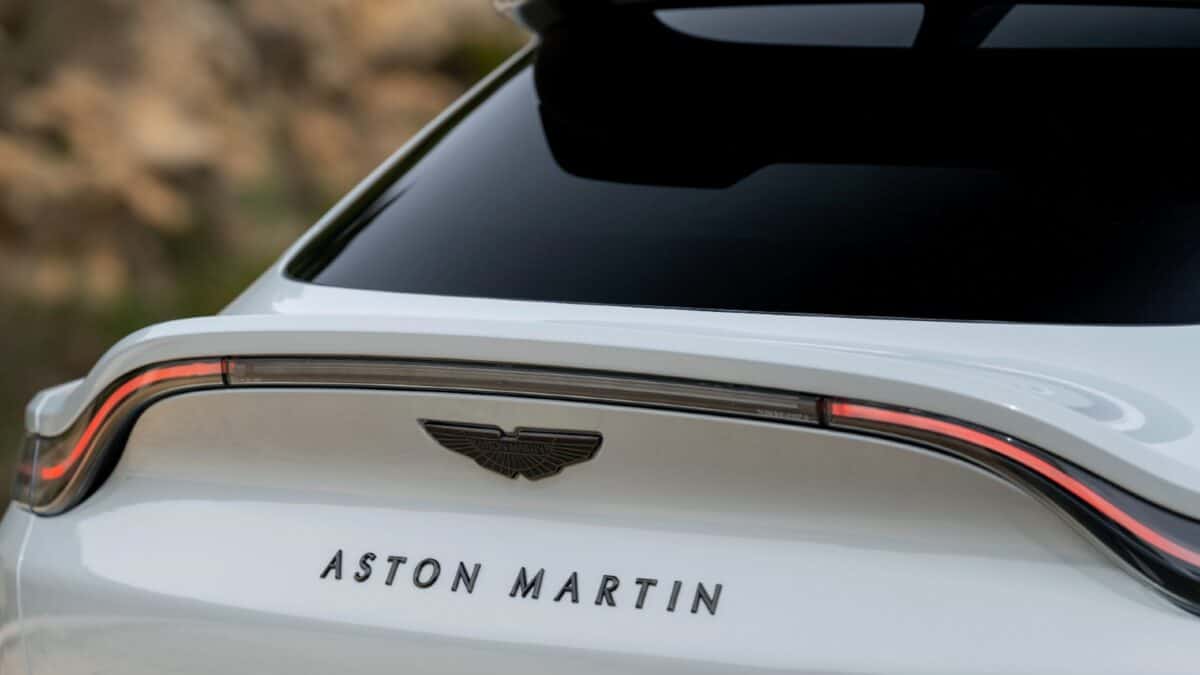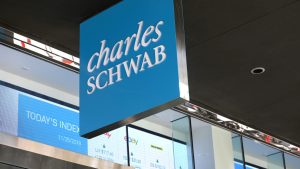When looking for undervalued shares with growth potential, the FTSE 250‘s my go-to index. Despite being the ‘baby brother’ list of the London Stock Exchange, it’s host to some very promising and well-known companies.
Aston Martin Lagonda (LSE: AML) is one such example. The luxury car manufacturer’s famous as the vehicle of choice by the popular Ian Fleming character, James Bond. Its cars have appeared in no less than half of the films in the franchise, going back as far as Goldfinger in 1964.
But since going public in 2018, the company’s share price has struggled. It’s down a massive 96%, with a surprising majority of the losses made prior to the Covid pandemic.
Still, there’s no doubt the pandemic added to its troubles in some way. Many luxury UK brands saw falling sales in the past three years, as high inflation strangled consumer spending.
I wonder if Aston Martin would have posted higher gains by now had the pandemic never occurred. It seems there was some growth in late 2020 but it faltered again in early 2021.
So with the economy now improving, could things turn around for the company?
Let’s consider its position
Aston Martin’s currently valued at £1.36bn but has almost the same amount in debt. With only £761m in equity, its debt-to-equity (D/E) ratio is 166%. Q2 revenue came in at £335m and it has about £246m in cash and available facilities.
Sure, I’ve seen worse — but it’s not an ideal balance sheet.
Earnings have been falling at a rate of 12% a year, with cash flow suffering a similar decline. So far, it’s looking more like a car for Goldfailure than Goldfinger.
This July, it posted its first-half 2024 results which showed some improvements despite widening losses. The results revealed an 11% drop in revenue, with losses before tax growing to £216.7m. The share price dipped 18% on the news. But according to the company, it’s still on track to deliver a good performance this year.
A wider issue
Aston isn’t the only one struggling. Maserati-owner Stellantis is down 35% this year and Lamborghini-owner Volkswagen‘s down 18.2%. Similar losses affect BMW and Porsche, also EU-based companies. And the declines of European luxury retailers Burberry and LVMH are well documented.
Ferrari seems to be the only exception to the rule, up 37%.
So there seems to be a wider issue in the EU luxury sector, a market that’s sensitive to China’s economy. Despite all efforts, the lingering effects of Covid continue to stifle growth in the region.
A turning tide?
Things are looking up though. In the short six weeks since the lacklustre H1 results, all losses have been recovered. In fact, the past four months have seen an overall upward trajectory for the shares, with the price rising 23% since this year’s low.
One possible reason could be the company’s Formula One ambitions. Earlier this month it signed famous F1 car designer Adrian Newey to its team. There are few more lucrative marketing tricks for a car company than winning an F1 season.
If the move proves successful, it could be the saving grace for the car maker. It’s certainly one to watch!
This post was originally published on Motley Fool




